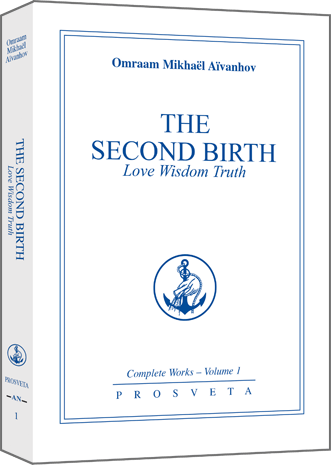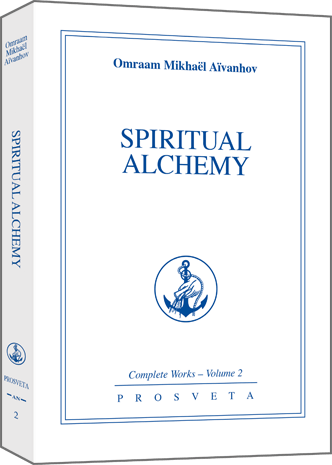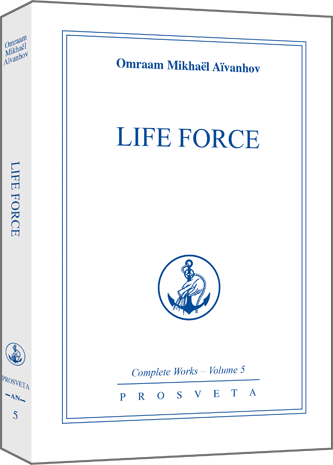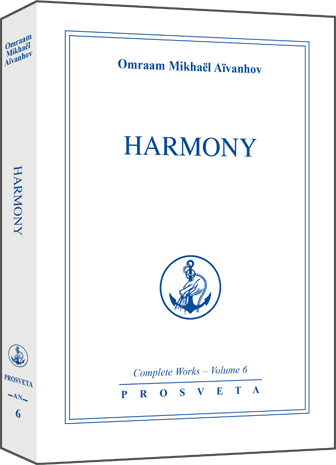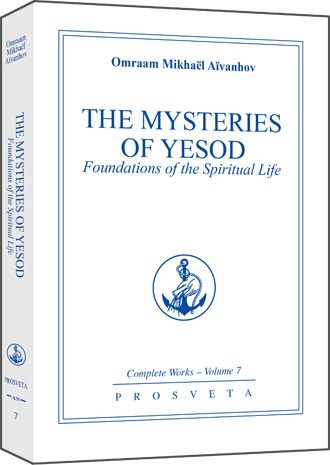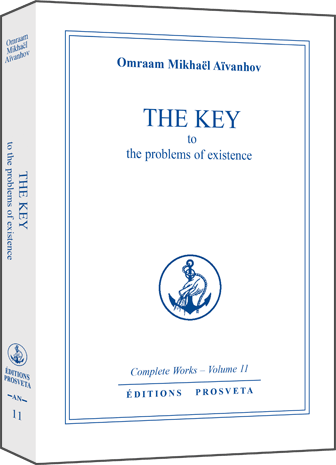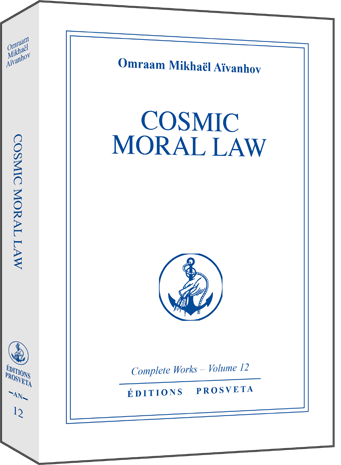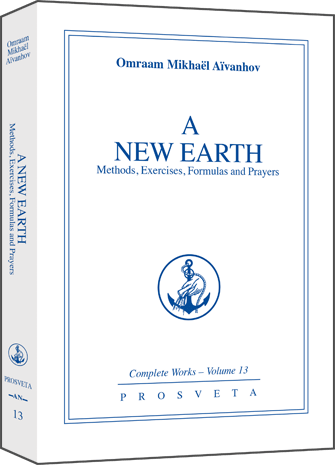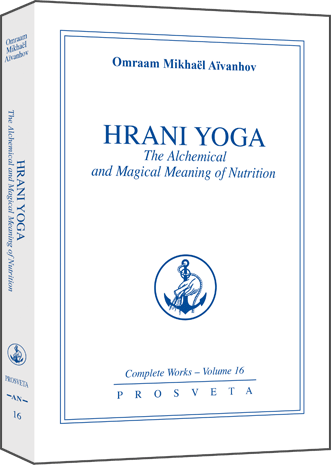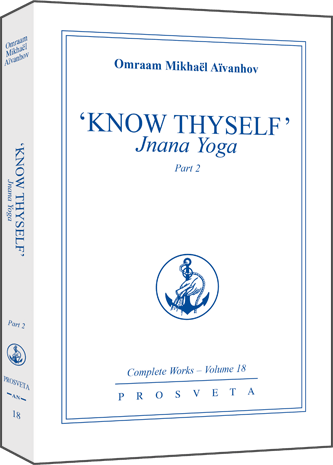Know Thyself: Jnana Yoga - Part 1
‘“Know thyself” was the maxim inscribed on the pediment of the temple at Delphi. What is this ‘self’ that we have to know? Is it a question of knowing our own vices and virtues, our strengths and weaknesses? No: to know oneself is to know the different bodies (the physical, etheric, mental, causal, buddhic and atmic bodies) of which we are formed and what each of these bodies needs. If the initiates of old insisted so much on the necessity of self-knowledge it was because this knowledge opens up tremendous possibilities for growth, progress and success. As long as man is ignorant of the needs of his higher self, he will continue to surfeit his physical body while his soul and spirit suffocate and die of hunger and thirst.’
1 - ‘Know yourself’
2 - The synoptic table
3 - Spirit and matter
4 - The soul
5 - Sacrifice
6 - Food for the soul and the spirit
7 - Consciousness
8 - The higher self
9 - Truth
I - Simplicity
II - Unity and multiplicity
III - Truth, objective and subjective
IV - The whole and the parts
V - The two faces of truth
10. - Freedom
I - The laws of destiny
II - True freedom is a consecration
III - Liberation through death – Fate and freedom
IV - Attachment and detachment
V - Free for a divine work
2 - The synoptic table
3 - Spirit and matter
4 - The soul
5 - Sacrifice
6 - Food for the soul and the spirit
7 - Consciousness
8 - The higher self
9 - Truth
I - Simplicity
II - Unity and multiplicity
III - Truth, objective and subjective
IV - The whole and the parts
V - The two faces of truth
10. - Freedom
I - The laws of destiny
II - True freedom is a consecration
III - Liberation through death – Fate and freedom
IV - Attachment and detachment
V - Free for a divine work

